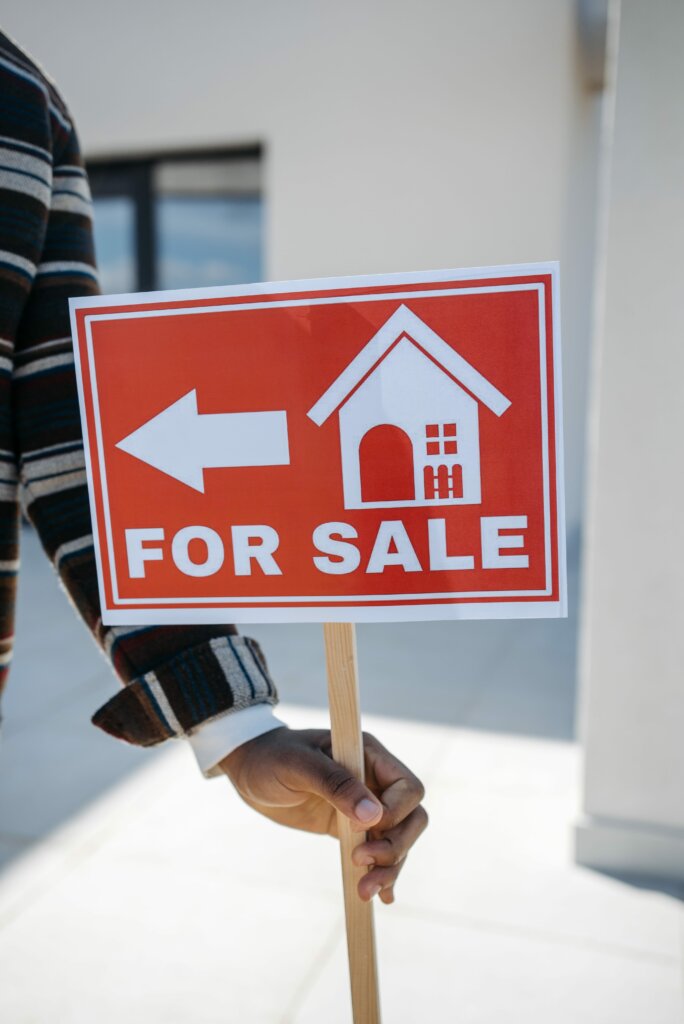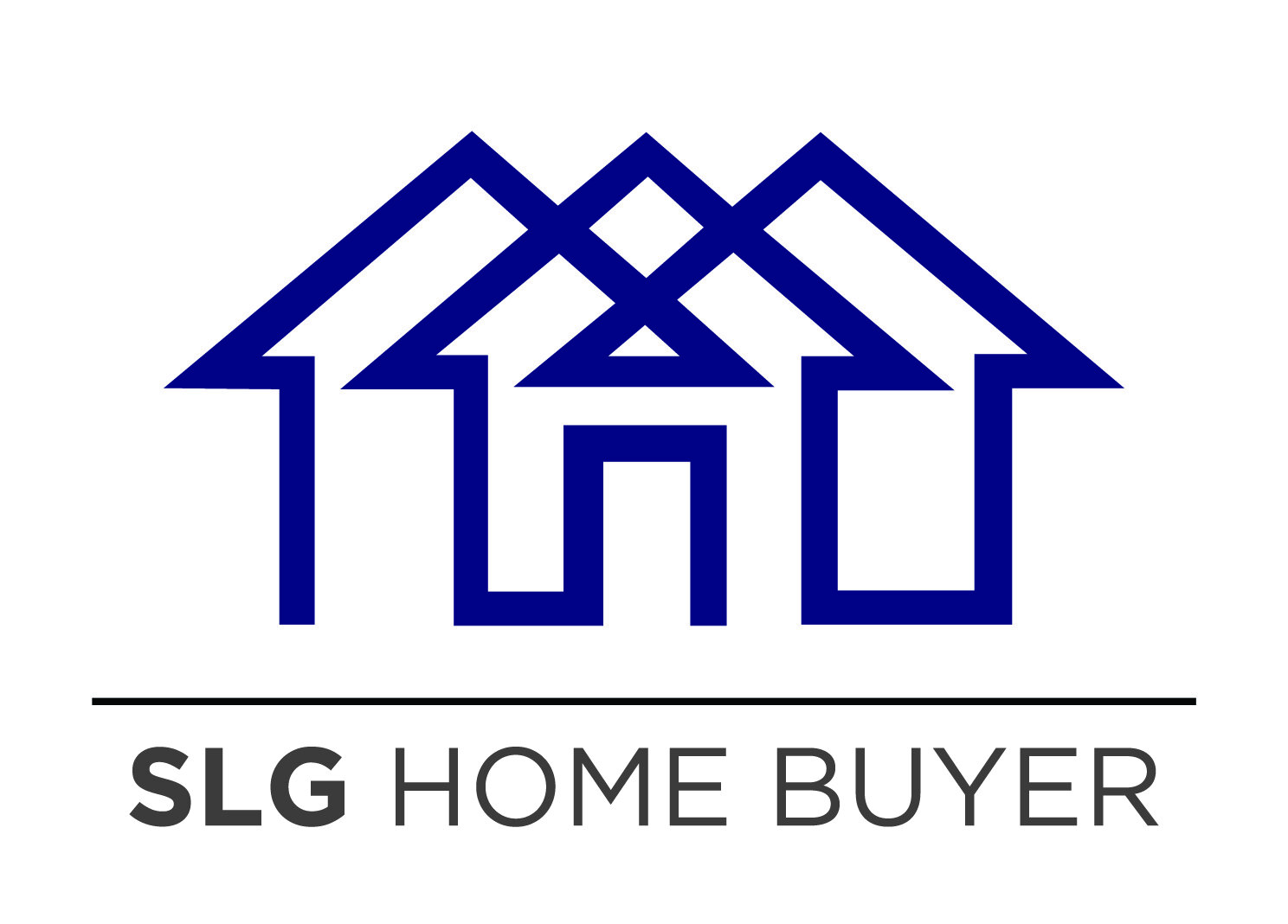
Selling your home is one of the largest financial transactions you’ll ever make. The process is also expensive, as there are many upfront costs associated with selling a house. As such, you may end up incurring up to 16% of your home sale in fees. You’re less likely to go home with the total amount after closing the house sale.
The good thing is that some of these costs are optional or negotiable. This way, you can significantly reduce the costs and increase the total profit you receive after selling your house. Understanding these costs in advance can help make the process less stressful and more affordable since you’ll be able to avoid unexpected and extra expenses. This article provides a breakdown of the main costs of selling a house and tips on how to best reduce them:
Realtor Fees
Agent’s fees take up the largest percentage of the costs you incur when selling a house. As a home seller, you’re responsible for paying both your agent and the buyer’s agent. The commission is usually 5% to 6% of the home sale price. It’s usually split between your agent and the buyer’s agent. For instance, if you sell your house for $400,000, you may end up paying up to $24,000 in agent commission.
You can reduce this fee when selling your house by negotiating a lower commission. Some real estate agents may accept a lower rate, especially if the asking price is high or the housing market is strong. You can also eliminate this fee by not using a real estate agent when selling your home. Instead, you can list your house as for sale by the owner or sell it to a cash home buyer. You may also consider working with a more affordable, flat-fee agent.
Repair and Remodeling Charges
Another main cost you’re likely to incur when selling your house is maintenance expenses. Depending on your house’s age and condition, you may have to perform several repairs and remodeling work before putting it on the market. This ensures your house is move-in ready, giving you an edge over other homes in your area on sale. This can range from minor to major remodeling works, based on your home’s current condition. The costs of renovating your home can go from several hundred to tens of thousands of dollars, depending on the amount of work required and the type of materials you use for the remodeling.
The best way to save money on renovation costs is by making only essential improvements that will help your house sell faster and for top dollar. Minor improvements like repainting the walls or sprucing up the landscape can boost your home’s appeal, attracting many potential buyers. Any necessary major remodeling you make should recoup its total cost once you sell the property. Consider making the improvements on your own to save money on hiring someone. You can also avoid the hassle and costs of making improvements by selling your house in its current condition to a cash home buying company.
Taxes
The profits you receive from your house sale may also be subject to income taxes. This is applicable if you’ve owned the house for at least two years and have lived there for at least two years in the past five years. The profits are usually calculated based on the amount you bought the house for plus any improvements costs incurred over the years.
How long you’ve owned your house can also greatly influence the amount of capital gains tax you pay. If you’ve been the owner for at least one year, you’ll be required to pay long-term capital gains tax. On the other hand, if you’ve held the property for less than a year, you’ll pay short-term capital gain tax, usually more than the long-term capital gains tax. A qualified accountant can help calculate your potential capital gains taxes and advise you on the best ways that you can reduce your liability.
Foreclosure Charges
When you sell your home and still owe money on a mortgage, a portion of your profits will be used to pay off the balance. If you choose to repay the mortgage balance before starting the selling process, your lender may require you to pay foreclosure charges. This fee can vary greatly depending on your lender, but it’s usually up to 4% of your pre-payment amount if you had taken a fixed interest rate loan.
Check your loan documents and ask your lender if your mortgage includes this condition and the amount you should pay. In most cases, you can avoid this charge if your mortgage has a floating interest rate.
Legal Costs
When selling your home, you’ll need to hire a lawyer to help legally transfer the property ownership to the buyer. You’ll need to pay the lawyer to manage the legal aspect of your house sale, from managing the sale’s contract to providing legal advice and handling all documentation. The legal fees can vary significantly from one lawyer to another. Compare the rates of different local lawyers to ensure you save substantial money. You can also try negotiating with the lawyer for a reduced fee.
Advertisement Costs
Whether you’re working with an agent or not, you’ll have to spend on marketing your house if you want to speed up the process of finding potential buyers. Many realtors also don’t include their marketing costs in their commission. These costs can include paid advertising methods, including both print media and digital advertising. Digital marketing costs include listing fees on real estate portals, paid social media ads, professional photography, and digital brochures. Print marketing costs you may incur when selling your home include professional copywriting services, signage, and advertising in magazines and newspapers.
To save on marketing costs when selling, consider marketing yourself instead of hiring a professional marketer. You can also try using inexpensive yet effective marketing methods such as social media marketing and partnering with upcoming influencers. You may also consider putting up for sale signs in your neighborhood to market your property without spending a fortune.
Closing Costs
While most of the closing costs are covered by the buyer, some are usually the seller’s responsibility. Some of the closing costs you may be required to pay when selling your house include title insurance, transfer and title taxes, and HOA fees. You also may be required to pay an escrow fee at closing. Read your sales contract carefully to ensure you don’t pay any closing costs that are supposed to be paid by the buyer.
If you’re looking to avoid the hassle and costs of traditional selling fees—like agent commissions, legal fees, and staging expenses—consider selling your property to SLG Home Buyer. We buy houses as-is, with no need for repairs or upgrades, and you won’t pay any hidden fees or commissions. It’s a simple, stress-free way to sell your home quickly and keep more money in your pocket.
